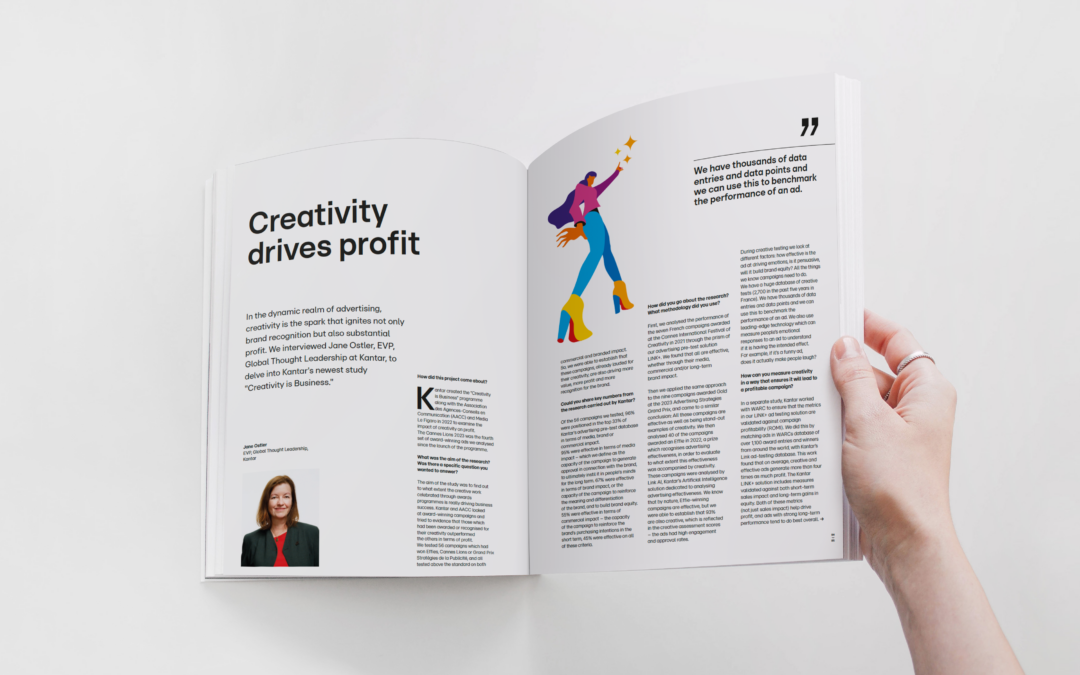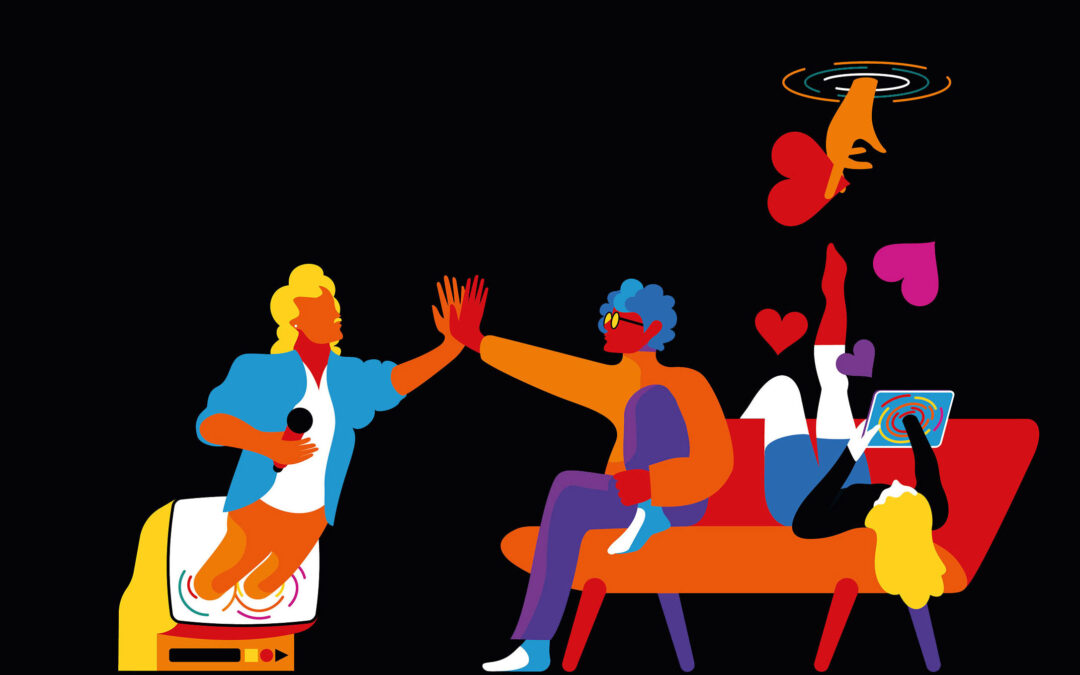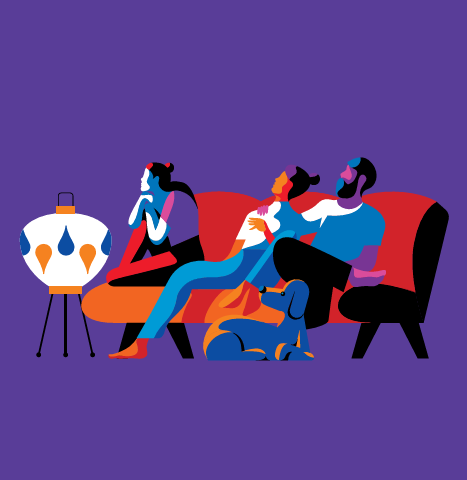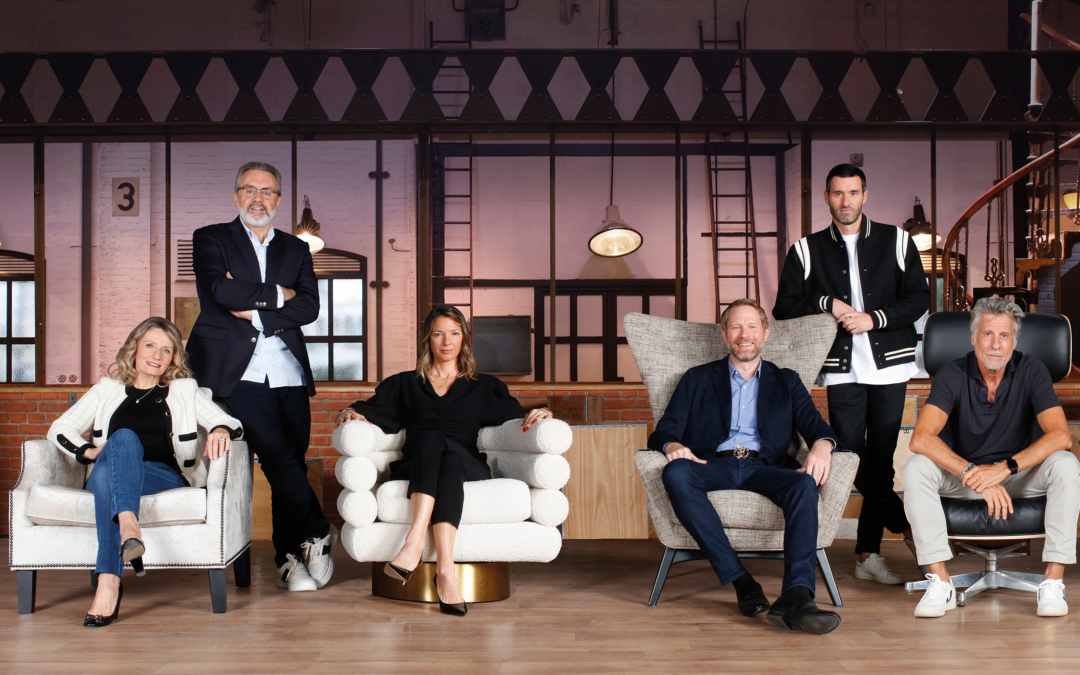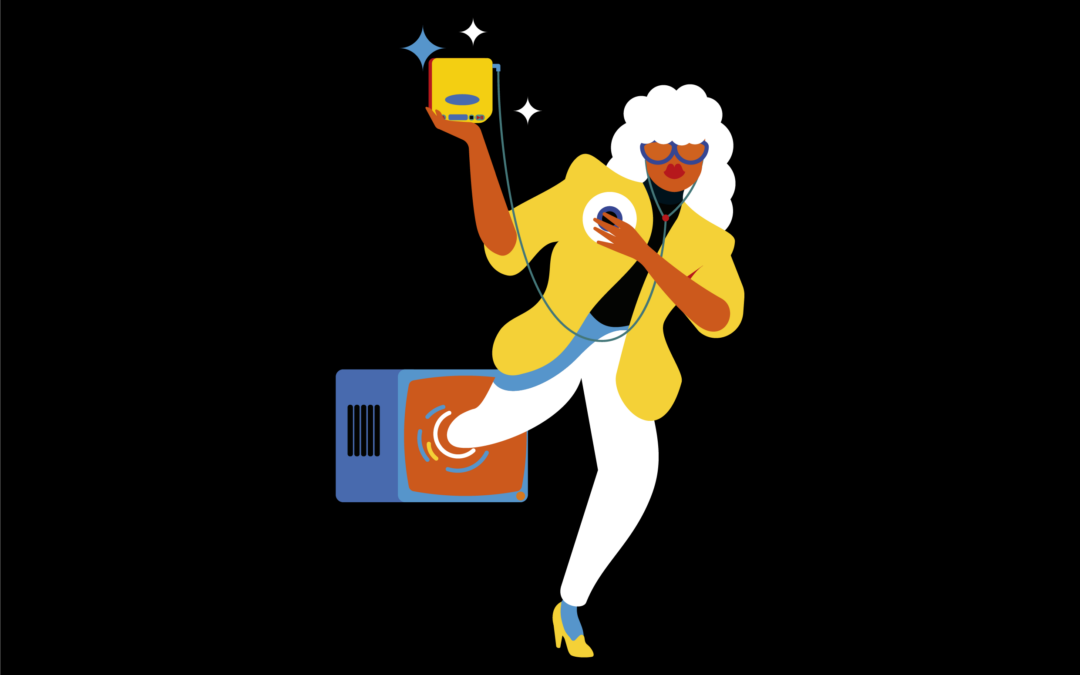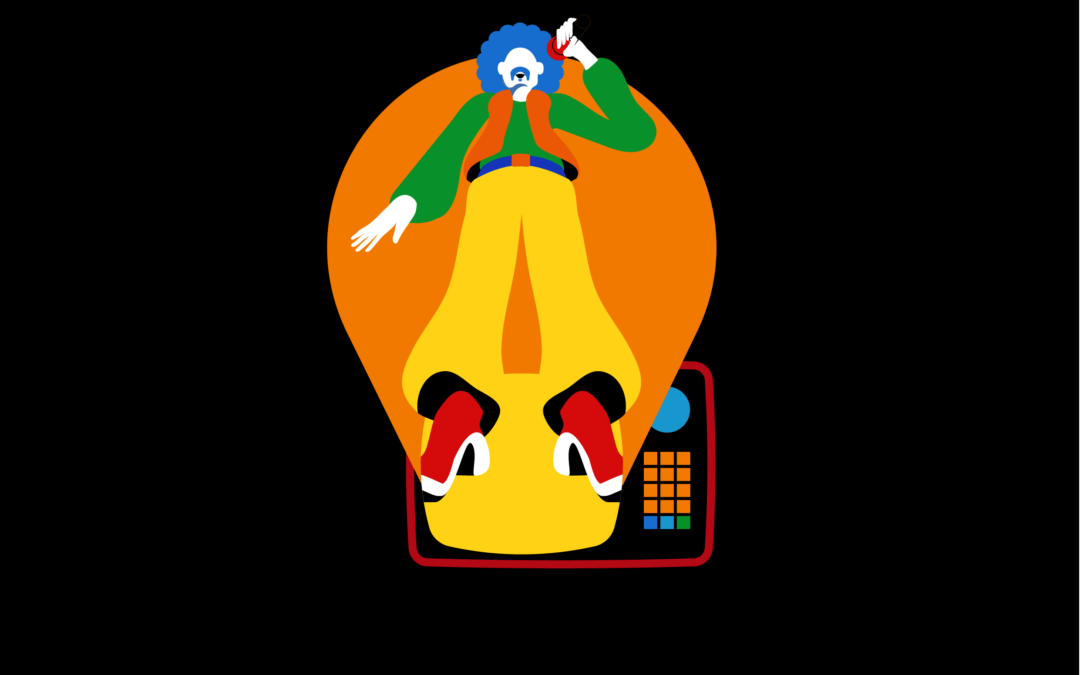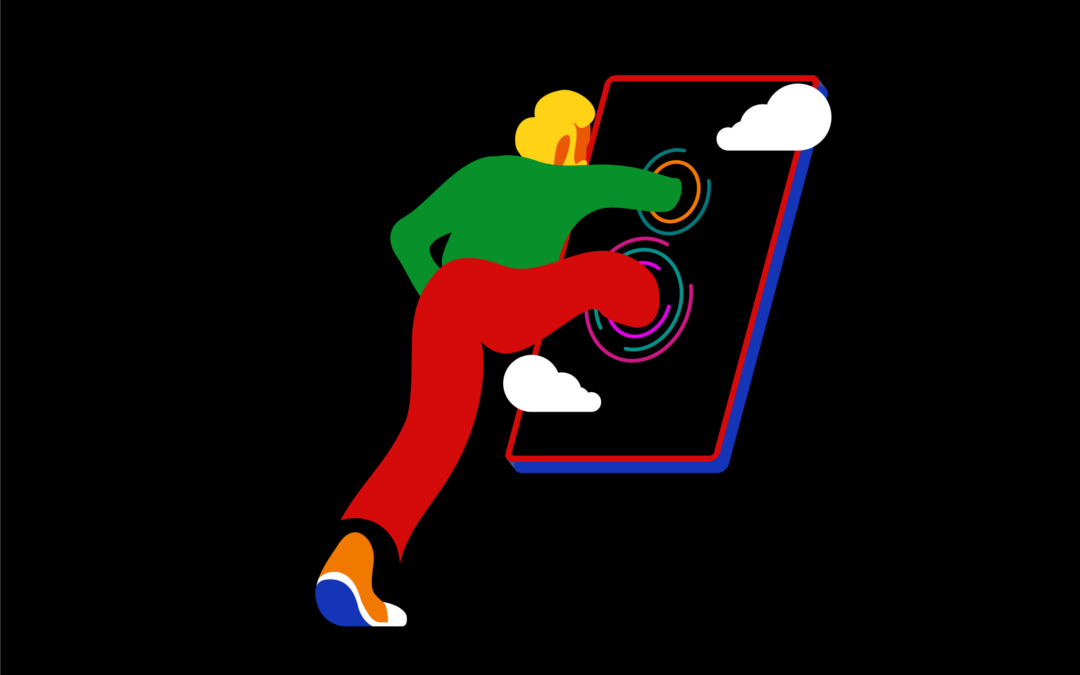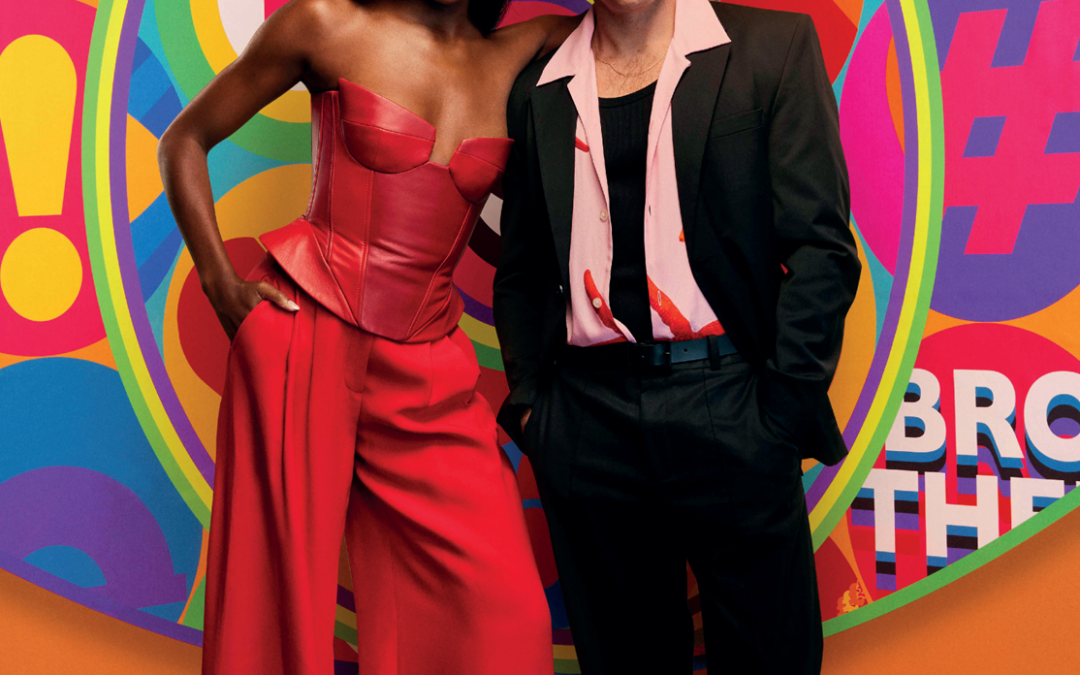For the past 15 years M6 Publicité has identified the trends that will shape our industry. We spoke to Annabelle Guilly about M6 Publicité’s latest findings including the challenges of a post pandemic world, the rise of the metaverse and Web3.
Can you tell us about the purpose of M6 Publicité’s yearly Trends study?
For the last 15 years, M6 Publicité has been deciphering the new marketing challenges and the ones to come, identifying innovating brand initiatives and emerging signals from our society. Since 2008, three major cycles have been identified:
– 2008-2013: the era of paradoxes
– 2014-2018: the era of GAFAM and the “uberisation” of society
– 2019-2021: a new consumer contract torn between digitalisation and environmental imperatives.
In 2022, we are witnessing a change of perspective and an interdependence of systems between individuals – who are both consumers, citizens and employees – environmental imperatives, business issues and the coexistence of virtual and real experiences.
What are the biggest issues for consumers?
Covid-19 has profoundly changed the way in which brands operate. They now go beyond their normal role and are reacting to consumer concerns and needs in a more holistic way. With rising inflation, 86% of consumers say that finances are their main source of stress. Brands are responding by supporting the “financial wellbeing” of consumers with payment solutions and apps to help manage finances, as well focusing on the functionality and usefulness of their products and services.
How are brands moving forward?
Brands are moving away from their initial propositions and are reinventing themselves, offering new products and services centred on the demands of consumers. The challenge is to broaden their offer while remaining consistent with their core business. Brands are also increasingly focusing on health and wellbeing, post pandemic. Health is no longer the preserve of the medical sector but is almost a new commodity – brands are thinking about how they can integrate it into their offers.
There is also a reassessment of work’s purpose. Within companies, faced with the great resignation and “quiet quitting”, the consideration of the cerebral capital of employees is intimately linked to their well-being. We are seeing a booming ecosystem where many new companies focused on mental health are rushing into the market.
What impact will the metaverse have?
The metaverse, which allows users to live, work and play in alternative virtual worlds, will have a profound effect on brands and marketing. There are currently hundreds of different metaverse platforms and, as yet, no dominant player, which means that ‘interoperability’ or the possibility of navigating from one virtual world to another will become increasingly important. Some brands are already trying to offer compatible digital items in several different metaverses.
Beyond purely exploratory initiatives, these virtual influencers become real brand ambassadors and integrate into companies’ long- term communication strategies. For example, LVMH introduced a metaverse ambassador, who showcases their innovations at Viva Tech.
While the borders between the virtual world and the real world are porous, it is necessary to reflect on the new uses and experiences that brands can test in metaverses without cutting themselves off from their physical universes, in the way that already exists between physical stores and online sales.
The metaverse offers brands a huge range of possibilities and unlimited scope for creativity, together with social and cultural experiences that are impossible in real life. New roles are being created in our industry including chief metaverse officers, virtual art directors and metaverse ethicists, and new creative ideas are being recognised with creativity awards for work created specifically for the metaverse.
- 58% of consumers follow at least one virtual influencer on social media.
- Virtual influencers generate three times more engagement than humans.
Source: HypeAuditor
In parallel with the rise of the metaverse is the move towards Web3 – a decentralised internet which aims to: reduce dependency on large platforms and let users regain power over their content and data; reduce security breaches and to create and strengthen affinity and action-oriented communities. This will have a significant impact on the balance of power between brands and consumers, giving rise to a new economy of co-creation that empowers consumers and redistributes value. To reach affinity communities and engage them long term, new communication tools and strategies are emerging such as the Discord platform which was originally used by games, but is now becoming a customer channel for brands to raise awareness and build loyalty.
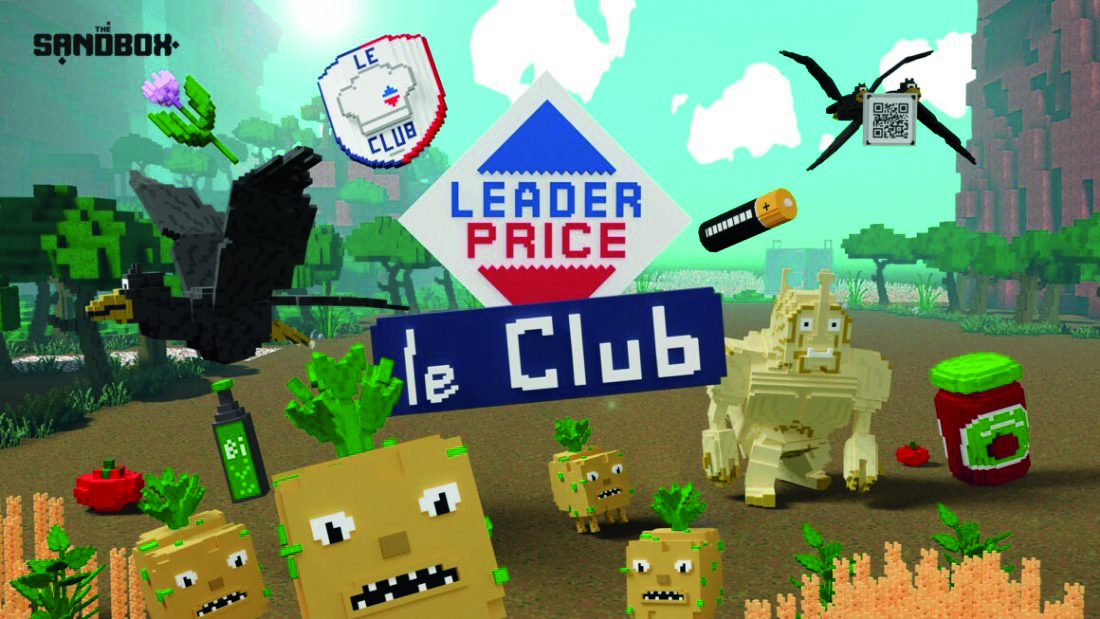
Metaverse drive to store: Leader Price and its “golden tickets” on The Sandbox, to be spent in physical stores and e-commerce.
In a virtual universe, the avatar provides the possibility of embodying an improved version of oneself. You can completely reinvent yourself as you want. This also works for companies: Publicis Conseil has created Léon, an avatar with a lion’s head symbolizing the group’s logo. He was presented as “Chief Metaverse Officer” of Publicis Groupe at Viva Tech 2022, and embodies the interface that supports clients in their Web3 strategy.
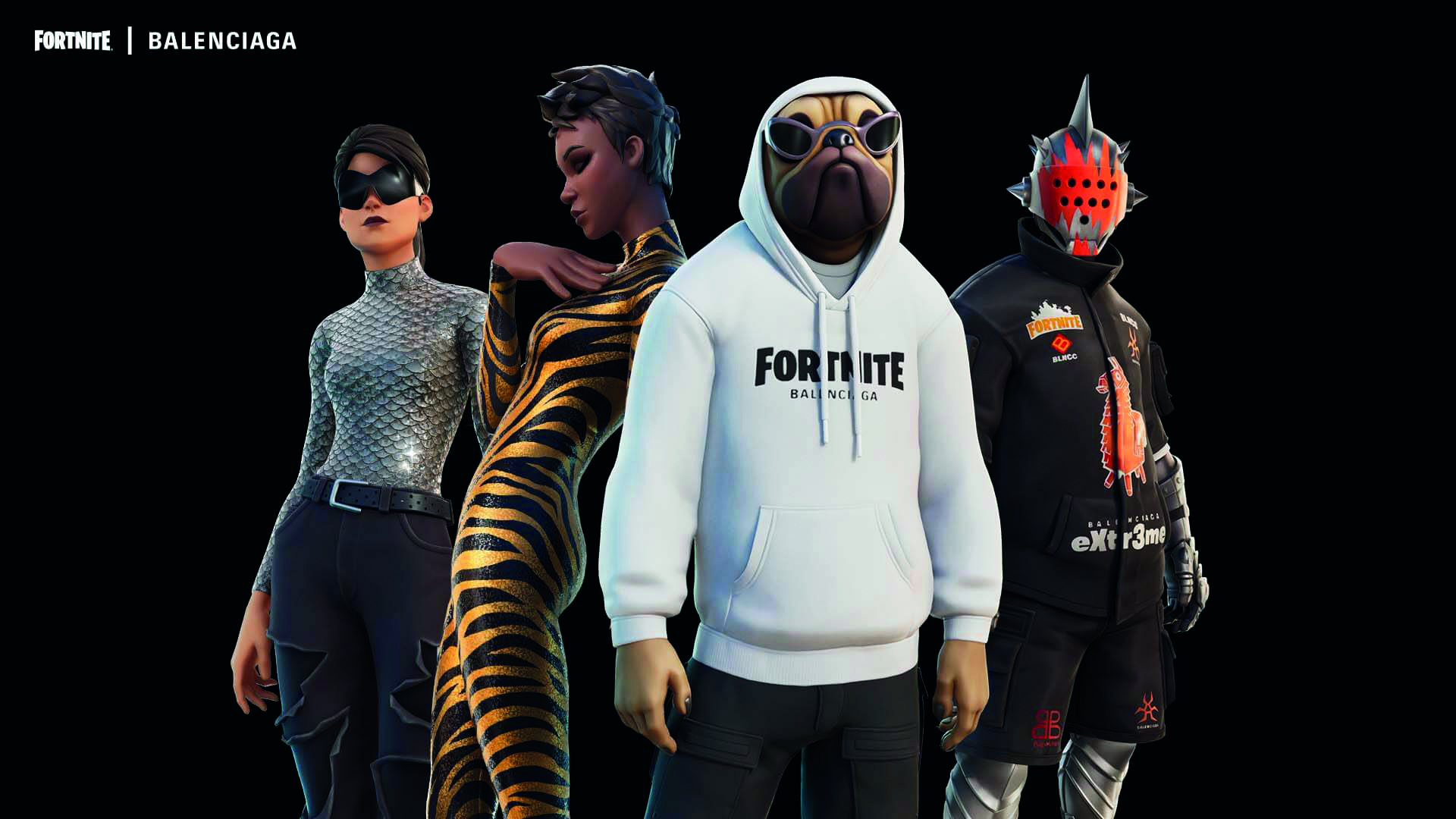
Fusion between virtual and real: Fred Segal’s Artcade concept store offers to buy virtual goods in addition to physical products and NFTs in cryptocurrency in store.
In the metaverse, we can bring together people who are physically distant within the same hyper immersive and interactive virtual space. Orange, for example, presented its new Livebox 6 at a virtual press conference, which enabled journalists equipped with Oculus Quest VR headsets from all over France to attend while having the feeling of really being there.
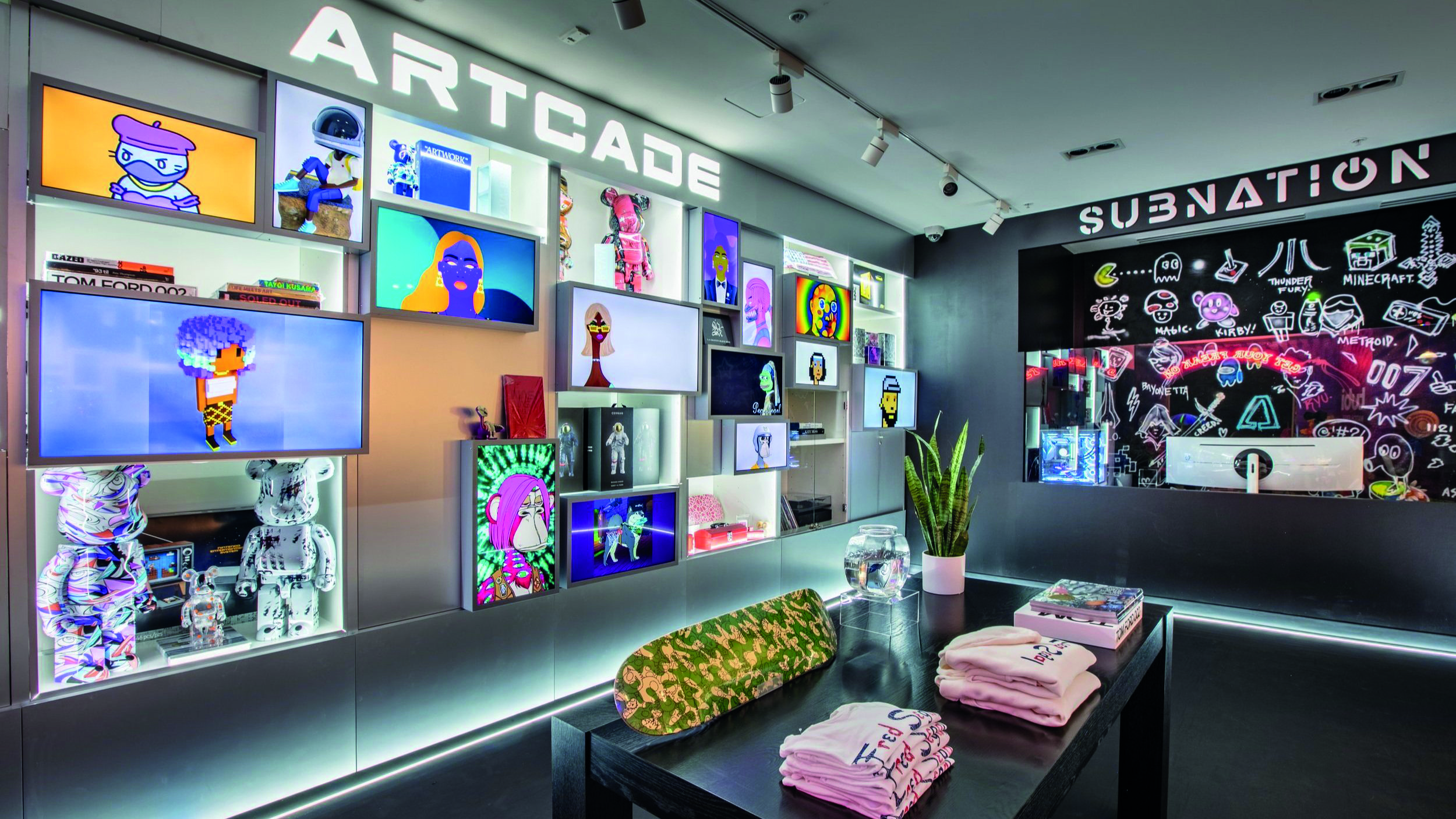
Store drive to metaverse: Balenciaga has launched a Fortnite capsule collection in its physical stores to unlock outfits in the game.

